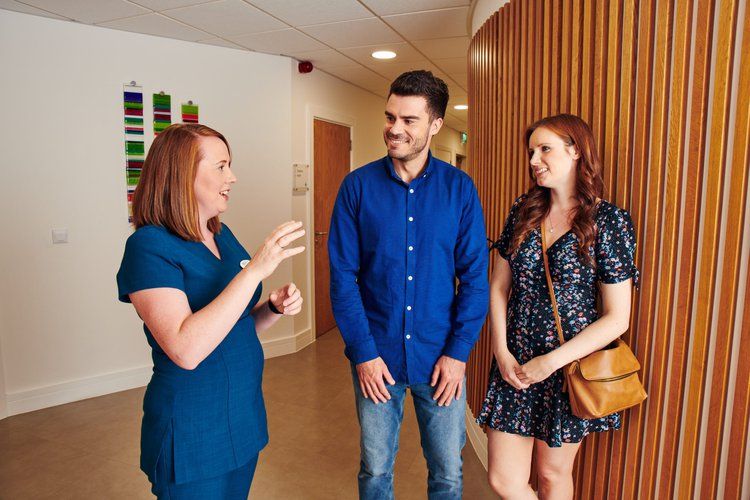
Did we answer all your fertility questions today?
If you still feel you need more guidance and support, you can book a FREE 1-2-1 discovery meeting to talk through the options available to you.
Ovarian reserve testing indicates the amount of eggs you have remaining in your ovaries for pregnancy – known as your ovarian reserve.
We assess your ovarian reserve by measuring the amount of Anti-Mullerian Hormone (AMH) in your blood. AMH is a substance produced by the follicles – egg sacs - which contain all your immature eggs.
AMH levels correspond to the number of eggs you have or your ovarian reserve: Higher AMH levels mean more eggs and a higher ovarian reserve. Lower AMH levels mean fewer eggs and a lower ovarian reserve.
Knowing your AMH level and ovarian reserve can help you to make informed choices about your fertility and future family plans. If the result of your ovarian reserve test is lower than expected, you may wish to try to conceive sooner than you planned to. Or you may wish to seek help from a fertility specialist.
An ovarian reserve test involves a simple blood test which can be performed at any time in your menstrual cycle.
Your Doctor will discuss your results in your consultation and talk you through your options for pregnancy, including any fertility treatment recommendations, depending on what your result shows.
It is important to remember that AMH alone does not predict your chances of pregnancy. It only measures your ovarian reserve and does not give an indication of egg quality. Your potential for conceiving is influenced by lots of other factors too, such as your age, lifestyle and health.
If you would like a more comprehensive and detailed look at your fertility, we offer a full Fertility Assessment which includes a consultation with a fertility doctor, a pelvic ultrasound scan to check your womb and ovaries and an antral follicle count test. An antral follicle count is another way to measure your ovarian reserve, where we use ultrasound to visually count the number of follicles in your ovaries that contain immature eggs.
As part of our fertility assessment services, female patients, or patients assigned female at birth (AFAB), will need to undergo a transvaginal ultrasound. We ask patients help us arrange their scans for when they are not actively menstruating as it allows for optimal visualisation of the pelvic anatomy.
You can find out more about our full Fertility Assessment package and costs here.

If you are considering a fertility assessment, you're bound to have lots of questions. That's why we offer free one-to-one appointments with our New Patient Team.
Speak to our friendly New Patient Coordinators. We open tomorrow at 8:00am.

If you still feel you need more guidance and support, you can book a FREE 1-2-1 discovery meeting to talk through the options available to you.
